Quiet Valley Living Historical Farm
Morgan Christopher Spring 2017
Long before the Pocono Mountains attracted visitors with waterparks and outlet shopping, and generations before the “honeymoon heyday” saw the construction of resorts featuring heart-shaped tubs, fertile farmlands of the valley west of the Delaware Water Gap attracted settlers to the region. Offering some of the richest soil in the state, this part of the mountains is where family homesteads were laid out largely by German and English immigrants. These original farmers were the forefathers of those who would go on to develop “The Poconos” as one of the country’s most popular vacation destinations. Today, this same spot is where visitors will discover Quiet Valley Historical Living Farm, a meticulously restored working farm that re-creates farm life as experienced by the original settlers of the late 18th and early 19th centuries.
Driving to the property, visitors will follow the well-traveled highways of Interstate 80 and Route 209 to access roads leading to the farm. Turning onto Turkey Hill Road, which leads to Quiet Valley Farm, guests will feel as if they have entered a different time and space – a place where technology has not yet encroached and where a more mindful way of living can be experienced. At Quiet Valley Living Historical Farm, guides dressed in period clothing and portraying family members who lived on the property will greet guests and share with them the daily routines practiced by the original Pennsylvania Germans who built the site.
The farm dates back to 1765, when it was established by members of the Depper family of Germany, who made their way north from Philadelphia to settle near Stroudsburg. Through marriage and inheritance, the farm stayed in the original family until 1958, when it was sold to Alice and Wendell Wicks. The Wicks, along with their daughter and son-in-law, Sue and Gary Oiler, restored the farmhouse, and in July 1963, it was opened to the public as Quiet Valley Farm Museum. Over time, additional buildings were renovated and reconstructed, including a “granddaddy” cabin, outdoor oven, icehouse and smokehouse, as well as some smaller barns and sheds. An educational building and a picnic area were added later, and in 1994 a one-room schoolhouse was built to create the Quiet Valley Historical Living Farm that operates today.
Sitting on 114 acres of pastoral land, the farm operates year-round for both educational and recreational visits. Public tours are offered from mid-June through Labor Day but group tours can be arranged throughout the year. School trips to the farm offer students the opportunity to step back in time where history comes alive and they can learn about life on a working farm, where everything from spinning flax for cloth to plowing fields with farm animals is demonstrated. Students and visitors alike will walk away from their visit having experienced the labor required on a daily basis to keep a family farm running prior to the advent of electricity and modern machinery.
While the mission of the farm is to re-create and curate historic farming practices, in today’s world of conscious eating, Quiet Valley Historical Living Farm also offers visitors a primer about food production. Through sustainable practices, the farm shows visitors how food is sown, grown and produced. Public workshops throughout the year offer an opportunity for visitors to learn the skills that farm families practiced before technological advancements in the world of agriculture. Today, workshops and classes offered by the staff highlight topics as varied as candle making, basket weaving, food preservation and techniques for cooking on a hearth. On a tour, visitors will see these skills demonstrated as part of the re-creation of farm life.
Visitors may also want to explore the special events scheduled throughout the year that re-create and celebrate events farm families would look forward to throughout the calendar year. In April, 19th Century Days offers demonstrations on topics like animal husbandry, spinning, weaving and gardening; Farm Animal Frolic, held the last two weekends of May, features livestock demonstrations like sheep shearing as well as opportunities for children to meet and discover farm animals; October’s annual Harvest Festival weekend is about gathering the crops and celebrating fall food favorites that are prepared and served; and the popular Old Time Christmas in December re-creates the holidays as experienced on a historic farm with activities to delight visitors, such as a candlelight tour, caroling and the presentation of a live Nativity.
As our world gets busier and more automated with each passing day, a visit to Quiet Valley Historical Living Farm offers a chance to slow down and appreciate the beauty often found in simpler ways of living.
If You Go:
Address: Quiet Valley Living Historical Farm
347 Quiet Valley Rd.
Stroudsburg, PA 18360
Phone: 570-992-6161
Website www.quietvalley.org
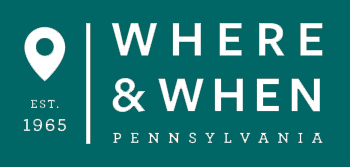
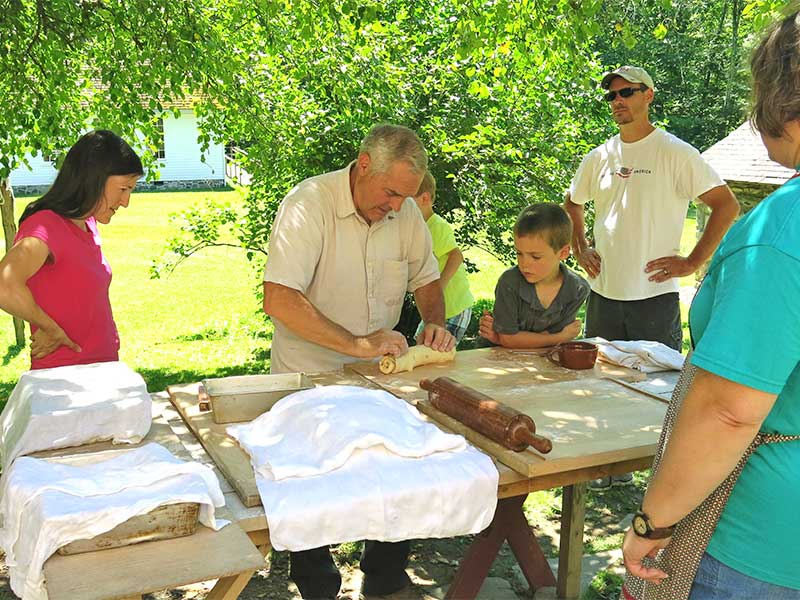
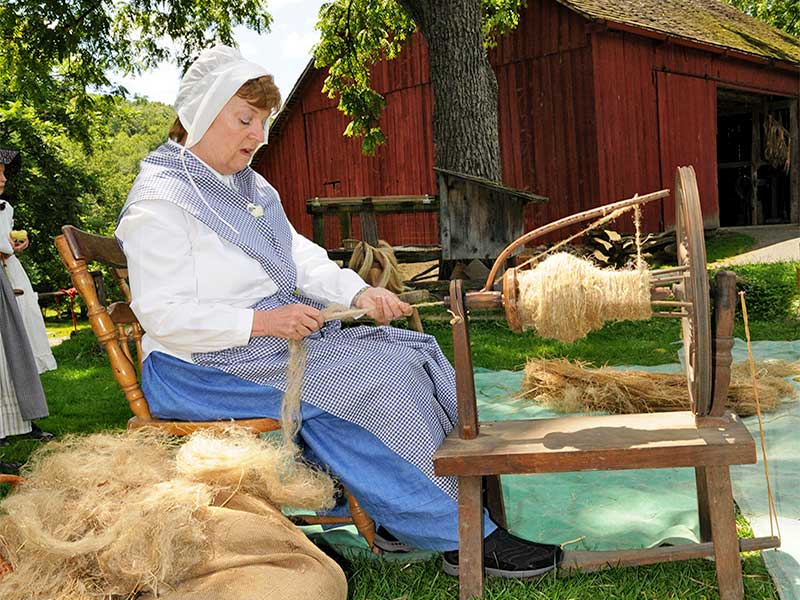
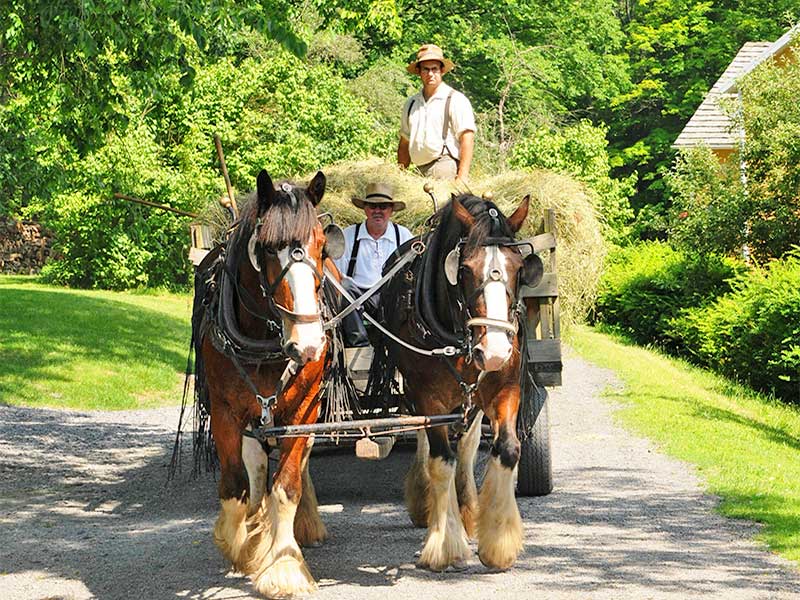
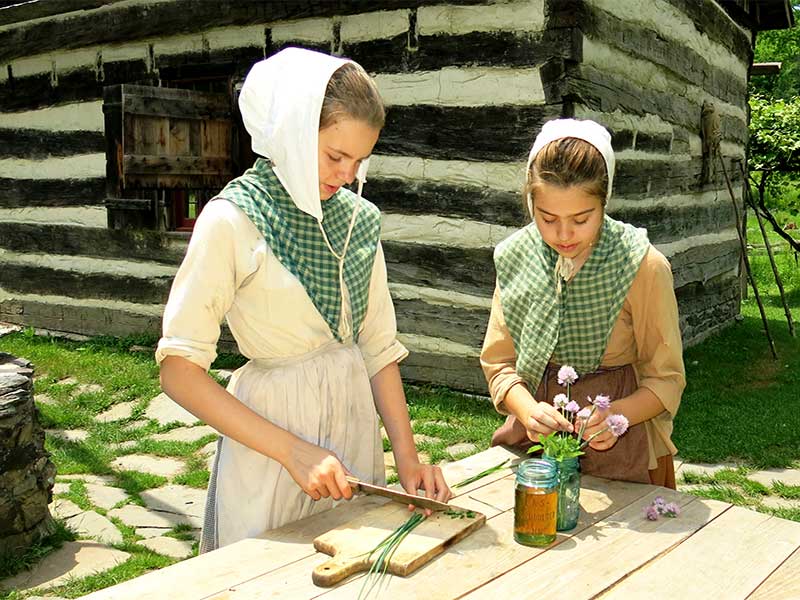
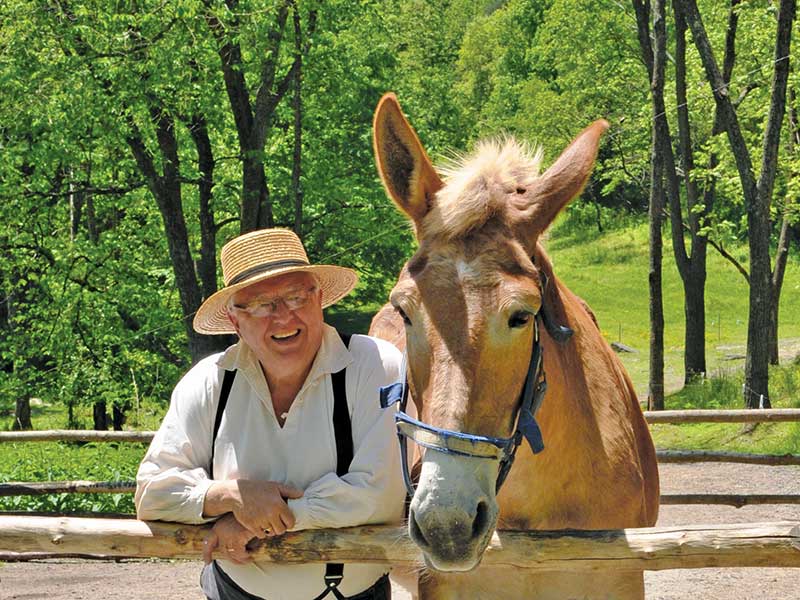
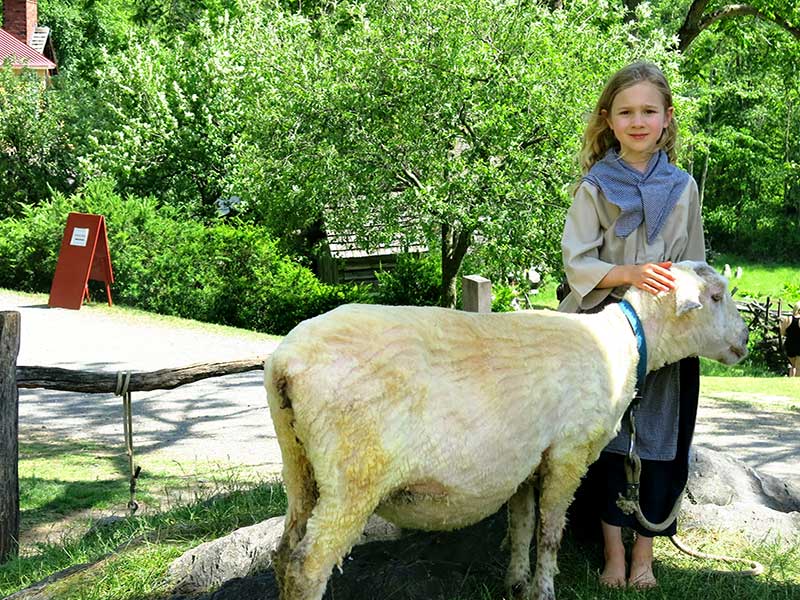
SHARE
PRINT